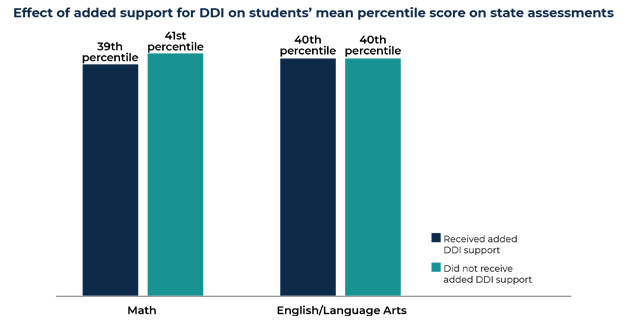Philip Gleason is an expert in evaluation design with extensive experience directing studies of education initiatives and federal nutrition programs.
Gleason currently directs a study for the Institute of Education Sciences at the U.S. Department of Education that examines a school reform effort centered on implementing data-driven instruction to improve teacher effectiveness. He also leads a study that examines how charter schools affect long-term educational outcomes such as students’ college enrollment and completion. This is a follow-up study to the national evaluation of charter middle schools he previously directed. Other recent work includes a large-scale evaluation of Knowledge Is Power Program (KIPP) schools that examined the impacts of KIPP elementary, middle, and high schools and tracked the performance of the charter school network over time, and a study that examined the distribution of highly effective teachers in schools districts around the country.
In recent years, Gleason has played a key role in research examining administrative and nutrition-related aspects of federal nutrition programs, including the relationship between school meal participation and childhood obesity, the accuracy of certification for free and reduced-price school meals, and the dynamics of participation in the Supplemental Nutrition Assistance Program. He is currently the principal investigator for an evaluation of a demonstration program sponsored by the U.S. Department of Agriculture to reduce childhood hunger. He has studied a variety of methodological and design issues, including a current study examining the validity of value-added models as an approach to measuring teacher effectiveness as well as past validation studies of regression discontinuity and comparison group designs. In addition, he has published a series of papers on statistical issues related to nutrition research.
Gleason’s work is published in a variety of education, nutrition, and public policy journals. He is on the board of editors of the American Educational Research Journal as well as the Journal of the Academy of Nutrition and Dietetics, and he recently served on an Institute of Medicine Committee on the Adequacy of Supplemental Nutrition Assistance Program Benefits. He holds a Ph.D. in economics from the University of Wisconsin, Madison.


